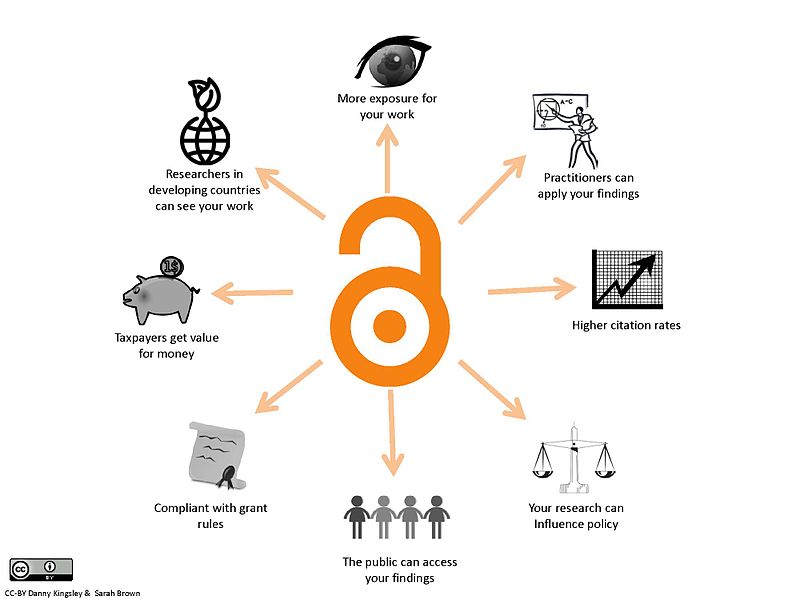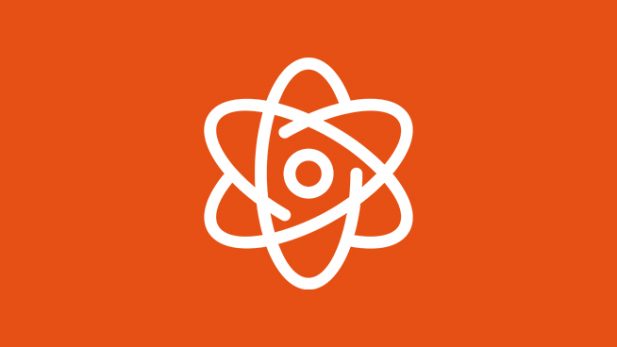Open access to scientific information is an integral part of scientific communication. It provides immediate free online access to publications without any fees or restrictions. The open approach concerns these scientific outputs like peer-reviewed scientific journal articles, conference papers, monographs or data files.
Open access is a necessary and welcome change that should lead to greater efficiency, accessibility and interconnection of scientific knowledge. Let’s work together on this change!
What’s new in the world of open access?
What does open access mean?
- permanent — access to the texts should be ensured in the long term, publication results must be archived,
- immediate — access to the results should be ensured at the latest when they are published (or even earlier – in the repository), it is access without a time embargo,
- free — user access to the results should be available free of charge,
- reusable — documents should not be read-only, but should be published in such a way that they can be re-used (eg by publishing under a Creative Commons license).
Implementation of open access
- by the green way: by storing the full text of a scientific article (preprint, postprint, publishing version) in an open repository
- by the golden way: by publishing an article in an open journal
Benefits of open access
- speeding up the exchange of scientific information
- expanding the availability of scientific information
- increasing the visibility of scientific information
- expansion of the reading base
- increasing the information impact


